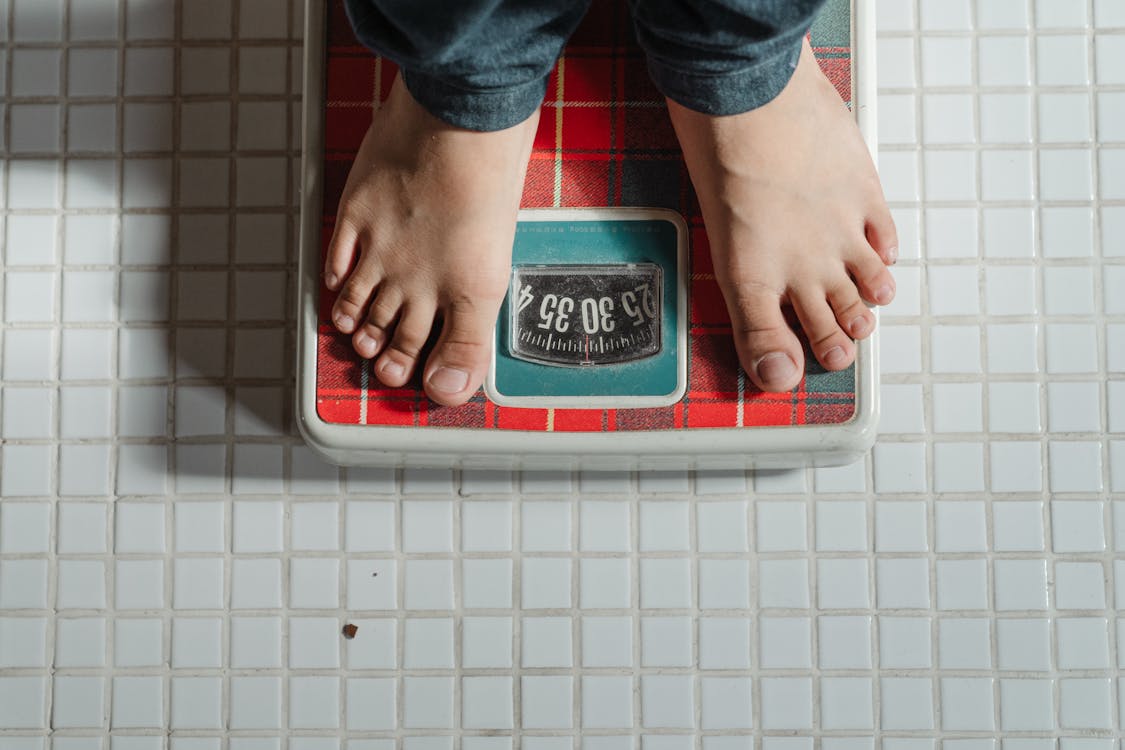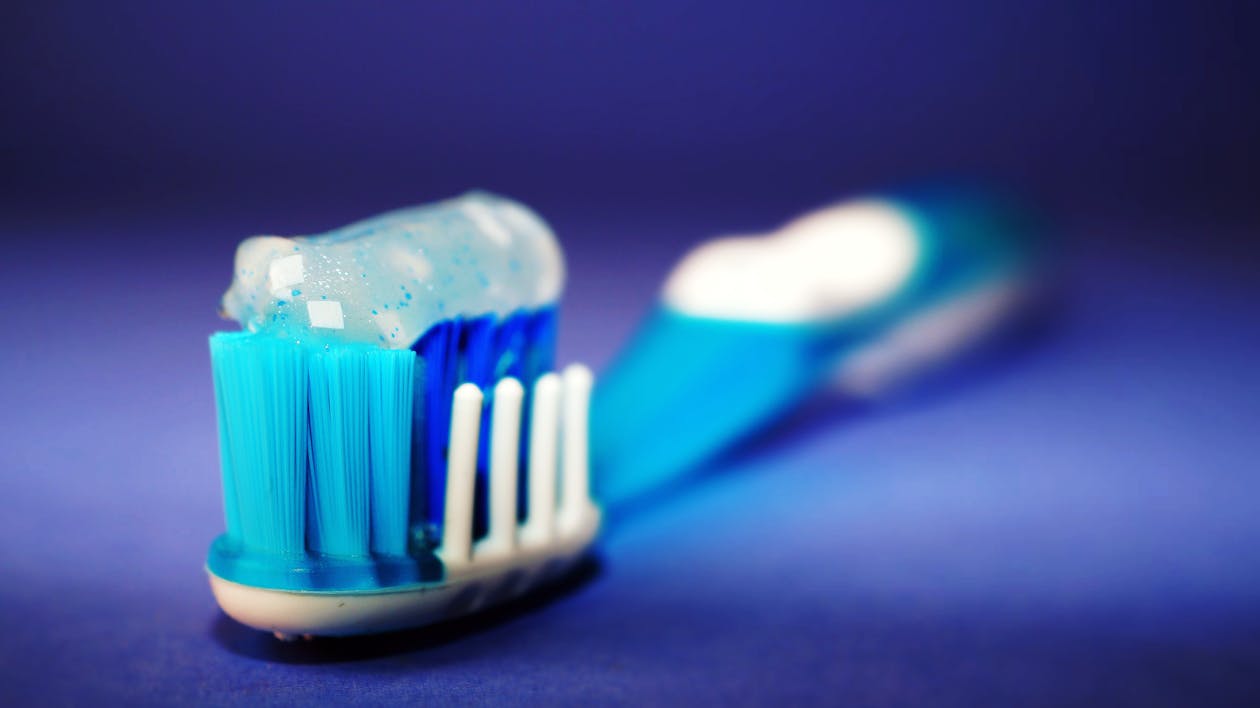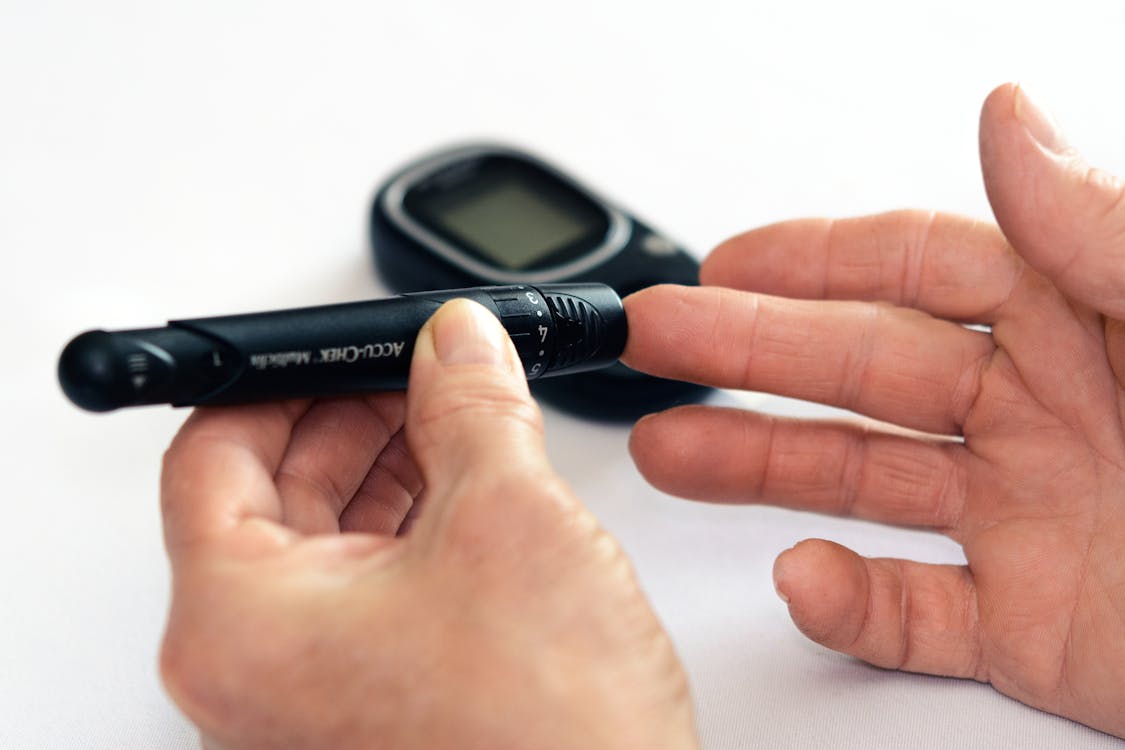Every minute you live on this earth, you keep doing some work and put your whole body into function and execution. But have you ever wondered to check if everything goes correct and whether you are truly taking care of the body that is enabling you to do what you want. It is of major concern and a serious issue to be considered. Our heart which plays a crucial role in pumping the blood to the entire body and helps in overall functioning of the human system to the fullest needs to be taken care of.
But according to a recent Indian survey, every 2 out of 10 Indian citizens suffer from a serious heart disease which could have been easily treated and diagnosed completely just during the initial days.
But there are lots and lots of people who are not aware on how do we do it?
Here are some beneficial tips for a healthier heart and long spanning energetic life.
- Eat Healthy:

Your meals should be mostly fruits, vegetables, whole grains, low-fat dairy, poultry, fish, and nuts while limiting red meat and sugary foods and drinks. Eating a healthy diet can help you lose weight, which may help lower your cholesterol.
Focus on the ones in foods like fish, nuts, avocado and olive oil. Limit your added fats, too, by trimming dressings, spreads, sauces and fried foods from your diet whenever you can,” says Herbalife’s Director of Nutrition Education, Susan Bowerman, MS, RD, CSSD, CSOWM and FAND.
2. Regular Exercises:

Exercise has many positive effects on cardiac health. A regular exercise routine can help:
- Lower blood pressure
- Lessen risk of developing diabetes
- Maintain healthy body weight
- Reduce inflammation throughout the body
“One of the key benefits of exercise is that it helps to control or modify many of the risk factors for heart disease,
Exercise works like beta-blocker medication to slow the heart rate and lower blood pressure (at rest and also when exercising). High blood pressure is a major risk factor for heart disease.
Studies show regular exercise helps reduce the risk of coronary heart disease as much as 21 percent for men and 29 percent for women. Additionally, active people have 20 percent less chance of stroke. Regular exercise also helps keep blood sugar levels in a healthy range and, in turn, helps lower risk for pre-diabetes and type 2 diabetes.
Regular cardio-based physical activity enables the heart to achieve improved blood flow in the small vessels around it, where blockages of fatty deposits can build over time. Better circulation in these areas may prevent heart attacks. Evidence even shows that exercise can cause the body to create more physical connections between these small blood vessels, meaning the blood has more ways to travel to where it needs to go.
3. Get rid of Sedentary lifestyle:

Even if you exercise, long bouts of sedentary time can hurt your cardiac health. Sedentary activities can include things such as working on a computer, watching television or reading. Studies suggest that sedentary behavior may be associated with an increased risk of cardiovascular disease and an overall higher risk of death from any cause.
To avoid sedentary periods, get active in your free time. Build movement into your everyday activities and take frequent breaks to stretch your legs if you work at a desk.
“Our healthy heart recommendation, for desk-based workers, is to stand up for at least one minute every half hour and to take a five minute physically active break every hour. Studies show this will greatly reduce the risk of heart disease,” says Bridget Hill of Yaypo Wellness & Fitness
4. Avoid smoking:

When breathed in, the toxic mix of more than 7,000 chemicals in cigarette smoke can interfere with important processes in your body that keep it functioning normally. One of these processes is the delivery of oxygen-rich blood to your heart and the rest of your body.
When you breathe, your lungs take in oxygen and deliver it to your heart, which pumps this oxygen-rich blood to the rest of your body through the blood vessels.
But when you breathe in cigarette smoke, the blood that is distributed to the rest of the body becomes contaminated with the smoke’s chemicals. These chemicals can damage your heart and blood vessels,1 which can lead to cardiovascular disease (CVD)
Also Read : 5 Best Beaches to see in Visakhapatnam
5. Shed Excess Weight:

Losing weight reduces your heart’s workload, says Dr. Nukta. Blood vessels supply the heart with the blood it needs to keep pumping. As you shed pounds, there’s less fat lurking around and forming plaque that can build up and clog your coronary arteries, causing a heart attack. Reduce your weight, reduce your risk. “There is a direct relationship between a healthy weight and blood pressure. If you lose weight, you may be able to reduce your blood pressure medications or even eliminate them,” Nukta says.
Blood fats. The blood fats, or blood lipids, in your bloodstream change when you shed pounds. “Weight loss can make your triglycerides go down, your LDL cholesterol go down, and your HDL cholesterol go up,” says Nukta. That means there is more good cholesterol and less bad cholesterol and fat floating in your bloodstream.
Being overweight puts extra pressure on your arterial walls and forces your heart to work harder. It also puts you at risk for developing other diseases, such as atherosclerosis, which can lead to hypertension, cardiovascular disease, heart attacks and stroke.
Studies suggest that excess weight around the middle puts your heart health at risk. Excess belly fat correlates with higher blood pressure and cholesterol levels, two key risks to the health of your heart.
6. Take care of your teeth:

The heart is tied to many functions of the body and can be affected by many seemingly unrelated functions. You may be surprised to hear that your heart health can be compromised by poor dental hygiene.
Studies show a link between the bacteria that causes gum disease and increased risk of heart disease. Taking care of your teeth and keeping gum disease at bay also reduces the body’s inflammatory response. Inflammation in the body can cause a buildup of substances in the blood that can worsen heart disease. So, be sure to brush at least twice a day and don’t forget to floss.
Poor dental health increases the risk of a bacterial infection in the bloodstream, which can affect the heart valves. Oral health may be particularly important if you have artificial heart valves.
- Tooth loss patterns are connected to coronary artery disease.
- There is a strong connection between diabetes and cardiovascular disease and evidence that people with diabetes benefit from periodontal treatment.
7. Have Proper sleep

We’ve all done it – skipped sleep for late-night parties, work, etc. However, before you make this a regular habit, consider this: research has indicated that people who slept less than six hours a day, had a 48 percent increased risk of developing heart disease. American Heart Association researchers found that a lack of sleep is associated with increased calcium buildup in the heart’s arteries.
Not getting enough sleep also reduces your body’s production of certain appetite-suppressing hormones, which may lead to weight gain.
8. Find out if you have Diabetes

Diabetes and heart disease often go hand in hand. Learn how to protect your heart with simple lifestyle changes that can also help you manage diabetes.
Heart disease is very common and serious. It’s the leading cause of death for both men and women in the United States. If you have diabetes, you’re twice as likely to have heart disease or a stroke than someone who doesn’t have diabetes—and at a younger age. The longer you have diabetes, the more likely you are to have heart disease.
India is known as the diabetes capital of the World. Millions of people don’t know that they have this condition. That’s risky because, over time, diabetes can affect your heart or kidneys too. Your doctor should test your blood sugar if you are 40 or older.
9. Have Cholesterol friendly food

High levels of bad cholesterol threaten the health of your heart. Limit the amount of foods that contain saturated fats, which can increase your cholesterol. These include butter, lard, fatty meats and full-fat dairy products. Instead, support your diet with foods that can naturally lower your cholesterol.
“Fill your plate with foods rich in soluble fiber, such as beans, sweet potatoes, berries, plums, broccoli and carrots, which help to maintain healthy cholesterol levels,” .
Further Readings :




